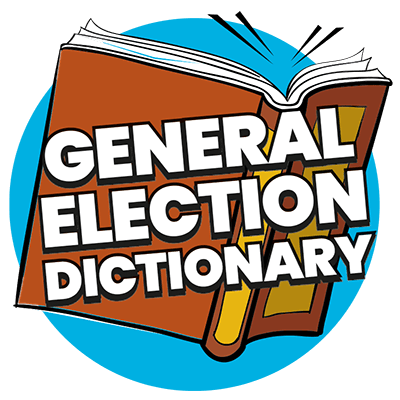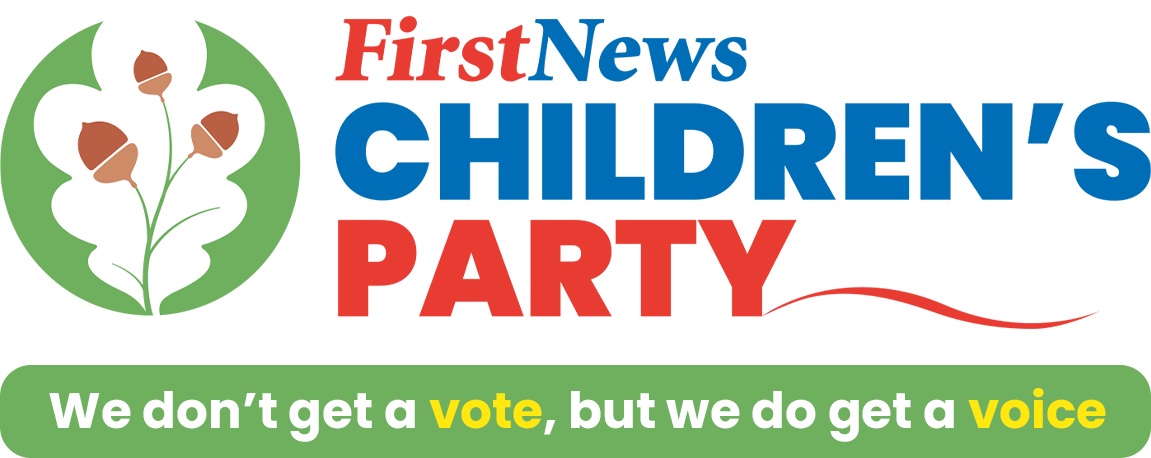It can be confusing to work out what is going on around a general election. What do all the words mean? Check here for some handy key words and phrase explained.

B
ballot paper – a printed list of all the candidates. Voters then mark the paper with an ‘X’ to choose who they vote for, before putting it in the sealed ballot box.
C
candidate – a person that voters can choose to vote for in an election. They are normally chosen to stand by the political party they represent.
constituency – Each part of the country where the population chooses someone to represent them in Parliament.
D
democracy – people choose who is in charge of their country by voting in a general election, like in the UK.
demographic – the qualities of a specific group of people (such as ages, race, gender, income etc).
devolution – when some power is transferred from central Government (in Westminster) to specific regions, like the Scottish Parliament.
E
elect – when you choose someone to represent you by voting for them.
election – the way in which people are chosen to represent others, say in Parliament.
M
majority – when one political party has more MPs than all of the other parties put together.
manifesto – a list of aims and objectives outlining what a person or political party intends to do if they win an election.
P
Parliament – the place where the country’s laws and policies are discussed and agreed.
policy – a plan or idea that is used to achieve a certain result.
polling station – a building, like a school or community centre, where voting takes place during an election.
S
spoilt ballot – when you ruin your vote, either on purpose, or by accident.
T
turnout – the percentage of people who cast their vote in an election.

